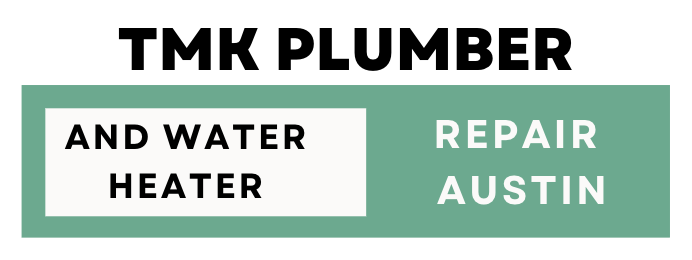Drain Cleaning – Austin, TX 78727
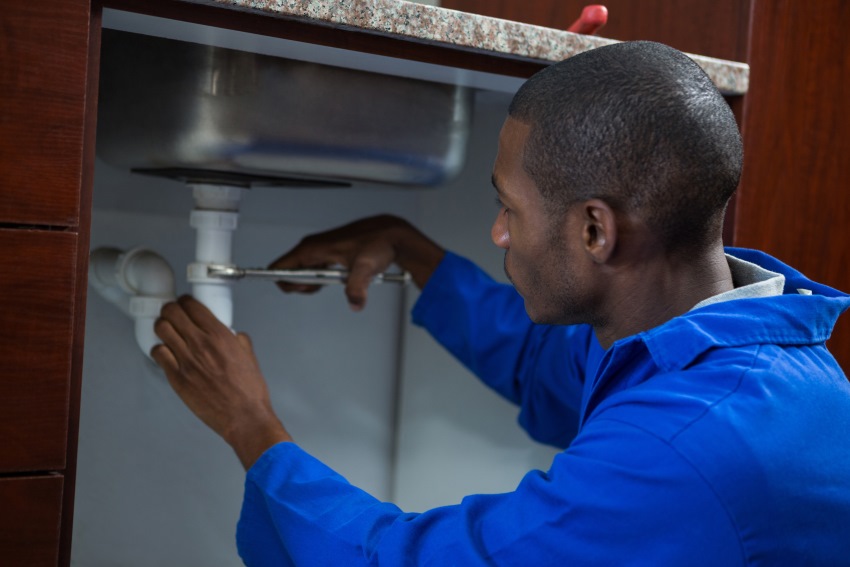
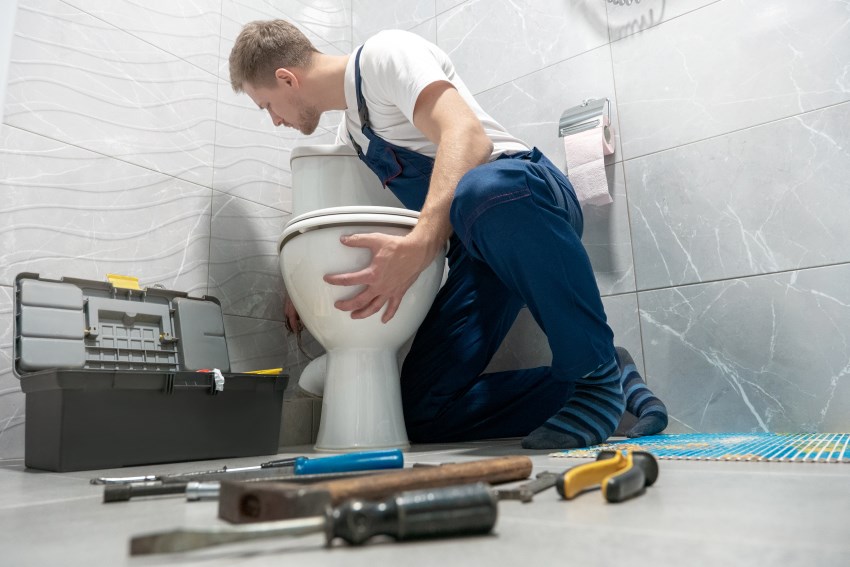
CALL FOR AN ESTIMATE
IS BAKING SODA AND VINEGAR SAFE FOR DRAINS?
Baking soda and vinegar can be used together to help clean drains and remove minor clogs in some cases, but they may not be effective for more serious blockages. The chemical reaction between baking soda (sodium bicarbonate) and vinegar (acetic acid) creates carbon dioxide gas, which can help dislodge debris and break down minor organic matter in drains.
However, while this method is generally safe for drains and pipes, it may not be effective for all types of clogs, such as those caused by grease or mineral buildup. Additionally, using too much of either substance can potentially damage certain types of pipes or plumbing fixtures, especially if they are old or made of certain materials like rubber or lead.
It’s also worth noting that the bubbling reaction produced by combining baking soda and vinegar is short-lived, so it may not provide a long-lasting solution to drain clogs.
For tougher clogs or if you’re unsure about the safety of using baking soda and vinegar in your particular plumbing system, it’s best to consult a professional plumber near me or use a commercial drain cleaner that is specifically formulated for the type of clog you’re dealing.
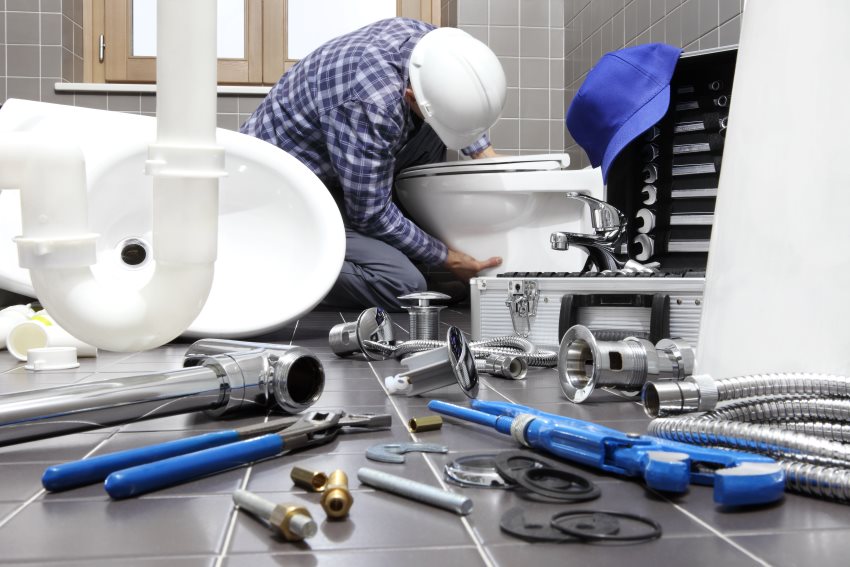
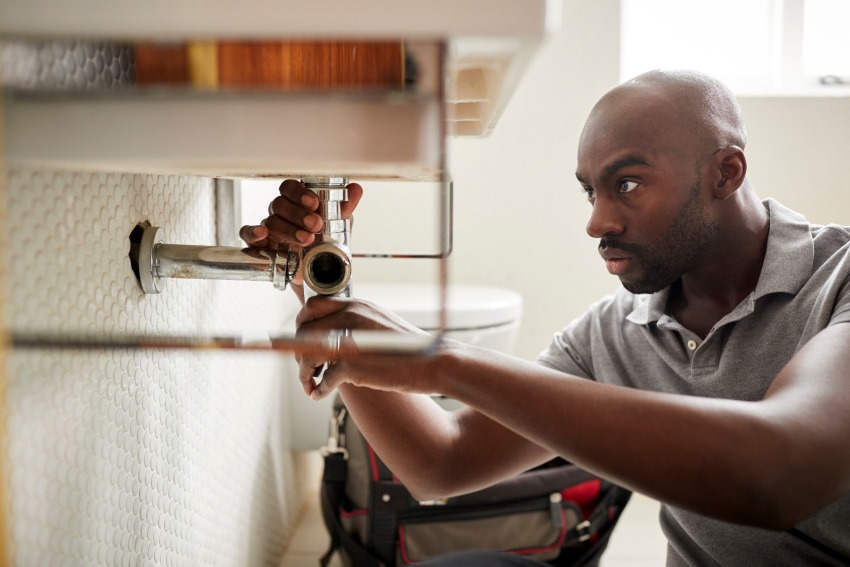
HOW MUCH DOES IT COST TO UNCLOG A DRAIN LINE?
The cost of unclogging a drain line can vary widely depending on several factors:
1. Severity of the clog: Minor clogs may be easier and cheaper to clear than more severe blockages.
2. Location of the clog: The accessibility of the clog within the plumbing system can affect the cost. For example, a clog that is easily reachable may be cheaper to clear than one that requires more extensive work or equipment.
3. Plumbing service provider: Different plumbers or plumbing companies may charge different rates for their services.
4. Time of day: Emergency plumbing services or after-hours services may come at a premium compared to regular business hours.
5. Additional services required: If the clog is indicative of a larger plumbing issue, additional services such as sewer cleaning, pipe repair, or replacement may be necessary, which can increase the overall cost.
On average, the cost of unclogging a drain line can range from $100 to $300 or more, but this is just a rough estimate. It’s best to contact a few local plumbing company to get quotes specific to your situation. They may also offer diagnostics or assessments at no cost or for a nominal fee.

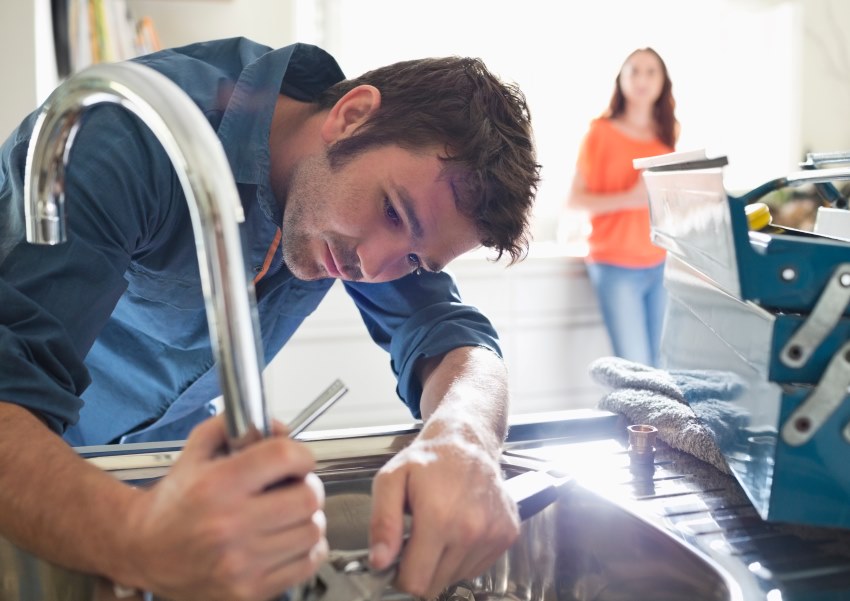
WHAT’S THE STRONGEST THING TO UNCLOG A DRAIN?
The “strongest” substance for unclogging a drain depends on the nature of the clog and the type of pipes you have. Here are some options:
1. Commercial Drain Cleaners: There are many chemical drain cleaners available on the market, which often contain strong alkalis or acids. However, these can be harsh on pipes and the environment, and they may not be suitable for all types of clogs or plumbing systems.
2. Hydro-jetting: This method involves using a high-pressure stream of water to clear clogs and clean the inside of pipes. It’s highly effective for removing tough clogs, including grease, mineral deposits, and tree roots, but it typically requires professional equipment and expertise.
3. Plumbing Auger (Snake): A plumbing auger, also known as a snake, is a long, flexible tool that can be inserted into drains to physically break up and remove clogs. It’s effective for many types of blockages and is generally safe for pipes.
4. Enzyme Cleaners: Enzyme-based drain cleaners contain bacteria and enzymes that break down organic matter, such as hair, grease, and food particles, without causing damage to pipes. While not as fast-acting as chemical cleaners, they are safer for the environment and can be effective for ongoing maintenance.
5. Baking Soda and Vinegar: As mentioned earlier, combining baking soda and vinegar can create a chemical reaction that helps dislodge minor clogs. While not the strongest option, it’s a more natural and eco-friendly alternative.
Ultimately, the best approach for unclogging a drain will depend on the specific circumstances. For tough clogs or if you’re unsure about the best method to use, it’s recommended to consult a professional plumber. They can assess the situation and recommend the most appropriate solution for your plumbing system, including plumbing pipe repair.
WHAT ACID DO PLUMBERS USE TO UNCLOG DRAINS?
Plumbers typically use a variety of acids to unclog drains, but one of the most commonly used is hydrochloric acid, also known as muriatic acid. Hydrochloric acid is a strong acid that can effectively dissolve organic matter, such as hair, grease, and soap scum, which are common causes of drain clogs.
However, it’s important to note that hydrochloric acid can be extremely hazardous if not used properly. Plumbers who use hydrochloric acid take strict precautions to ensure their safety and the safety of the surrounding environment. This may include wearing protective clothing, goggles, and gloves, as well as ensuring proper ventilation.
In addition to hydrochloric acid, plumbers may also use other acids such as sulfuric acid or acidic drain cleaners that contain a combination of acids and other chemicals. These products are typically formulated to be safer to handle than pure acids like hydrochloric acid but can still be effective for breaking down clogs.
It’s essential to exercise caution and follow all safety guidelines when using any type of acid or chemical drain cleaner, and it’s generally recommended to leave such tasks to trained professionals like plumbers. Using acids improperly can not only damage your plumbing system but also pose serious health and safety risks.
Reach Us
TMK Plumber and Water Heater Repair Austin
610 E Wells Branch Pkwy #17207, Pflugerville, TX 78660
512-985-2932
Hours of Operation
Mon Open 24 hours
Tue Open 24 hours
Wed Open 24 hours
Thu Open 24 hours
Fri Open 24 hours
Sat Open 24 hours
Sun Open 24 hours
